GameCompanies.com
Powered by GC Insider



THQ Inc. (Toy Headquarters) was a global American developer and publisher of video games.
History
Trinity Acquisition Corporation, founded in 1989, merged with Toy Headquarters in 1991 to form T. HQ. T. HQ, more commonly referred to without the punctuation, was added to the NASDAQ National Market in 1994. Toy Headquarters was founded in 1990 by Jack Friedman with his own money. THQ boasted two early successes in video games, Where’s Waldo and Home Alone, awful titles which succeeded due to the popularity of their source material. THQ acquired its first developer, Black Pearl Software, in 1992.
Throughout the mid ‘90s the company fell into financial troubles losing millions of dollars. In 1995, Jack Friedman turned over the company to his CFO, Brian J. Farrell. The first thing Farrell did was fire half the staff, proving his own status as a heartless villain. Next, he increased the number of games the company developed, despite having half the people to work on them. The changes inexplicably worked and THQ’s profits recovered. In 1997, THQ released WCW Vs nWo: World Tour to great success. THQ continued to release licenced games with great success.
Expansion of Non-Licensed Games
THQ continued to release a variety of licensed games, including WWE, Spongebob SquarePants, and Warhammer 40,000 games. The studio also began release more non-licensed and critically-acclaimed titles including Saints Row and Darksiders.
In late 2010 the company released the Udraw tablet for the Wii game console. The accessory along with the games that supported it were a hit and so the company soon decided to release versions of the tablet for the Xbox 360 and PS3 which sold way below expectations. This led to the company experiencing economic troubles early on in 2012. Events were improved, as the game Saints Row the Third became an unexpected hit for the company. In response to both of these events THQ made the decision to step away from childrens' games almost entirely and instead focus on games aimed towards core gamers.
The uDraw Debacle
In 2011, THQ decided to release PS3 and Xbox 360 variants of the uDraw tablet, an accessory that had previously sold well for the company on the Wii. However, THQ grossly miscalculated the demand for such an accessory on the other platforms. With the vast majority of the expensive-to-produce tablets left unsold, the company's finances took a hit to the degree that steps were required to prevent falling into bankruptcy and being de-listed from NASDAQ. They cut several in-development projects from their slate, including Devil's Third and inSANE, and turned their focus to core franchise titles such as Darksiders II and a fourth Saints Row entry. THQ studio staff was also affected, with THQ San Diego notably being shut down during the week of E3 2012. Jason Rubin was also brought in to serve as the company's new chief executive.
Bankruptcy and Dissolution
On December 19th, 2012, THQ filed Chapter 11 bankruptcy with intention to sell off the company's assets to venture capital firm Clearlake in order to allow the business to survive. However the deal with Clearlake broke down due to complaints from THQ's various creditors. An auction for other publishers to bid for THQ's properties was announced for January 22.
The auction occurred on January 23rd, 2013, where THQ sold off its intellectual properties, and announced liquidation for when the sales transactions are complete. Properties and companies sold in the auction included the selling of studio Relic Entertainment to SEGA for a reported $26m as well as sale of the Saints Row IP alongside developer Volition to Koch Media for an apparent price of $23m.
Website
Headquarters
Company size
Not available
Founded
1 Apr, 1990(defunct 2013-01-23)
Want more?View in GC Insider
Status (activity & investments)
All website links
All locations
More images
Suggest an edit
Plus much more
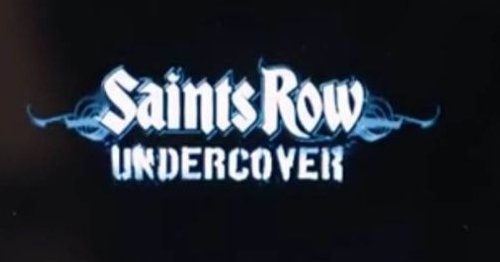
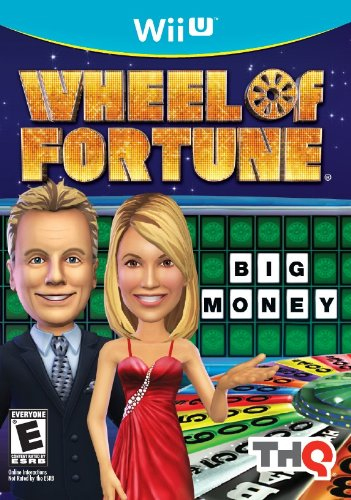
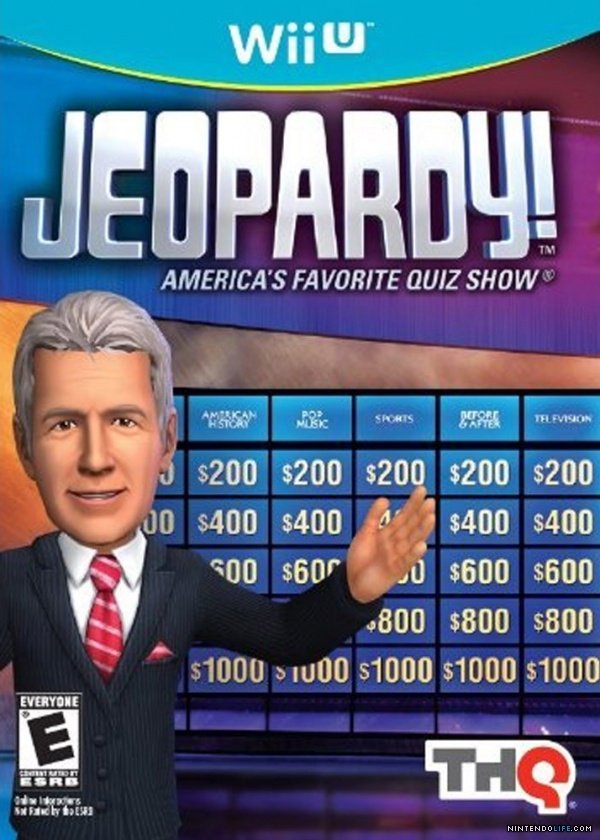
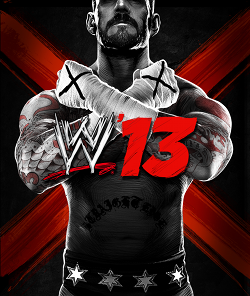
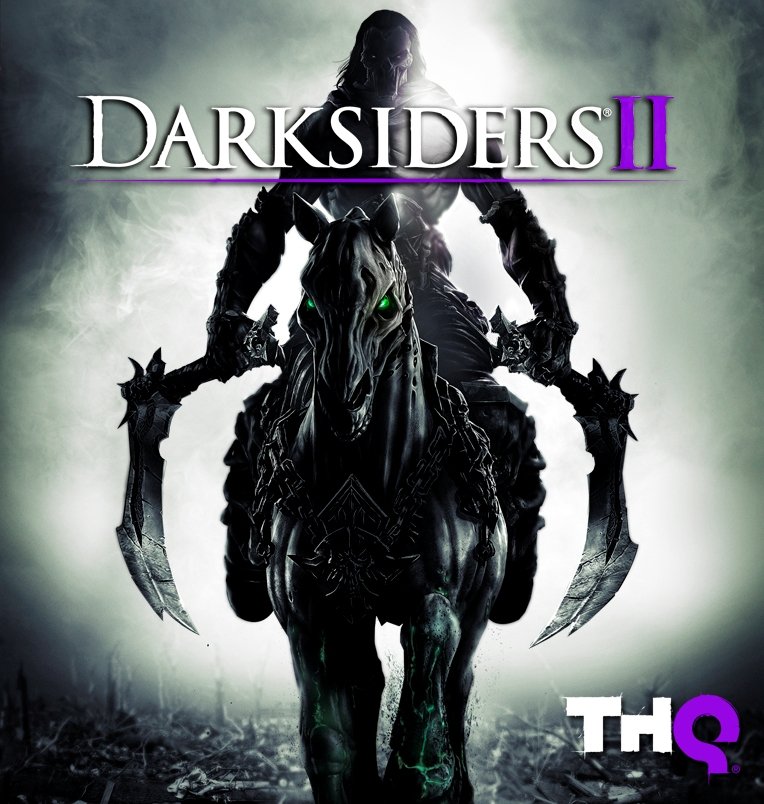
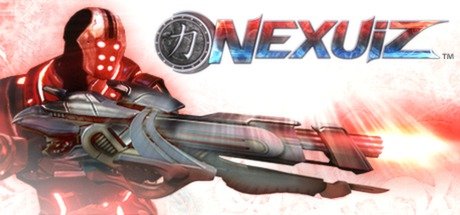
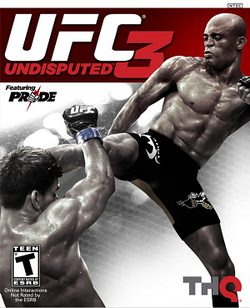
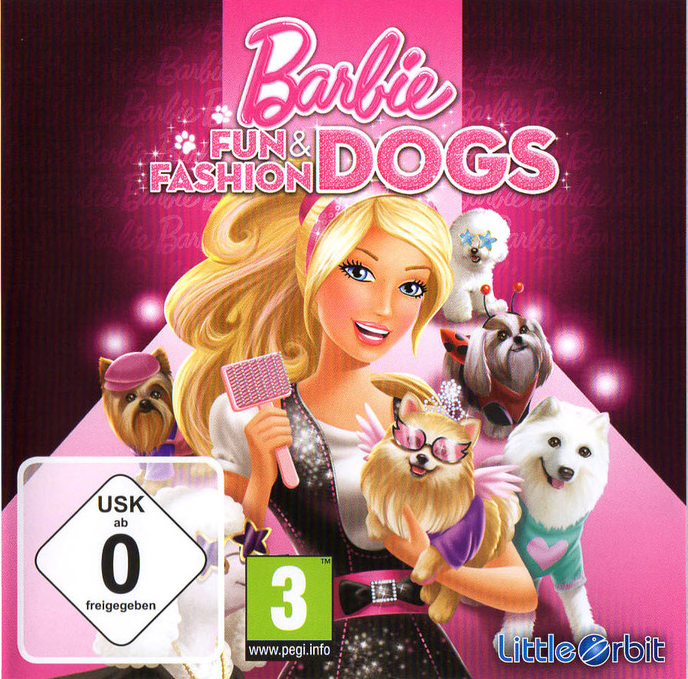
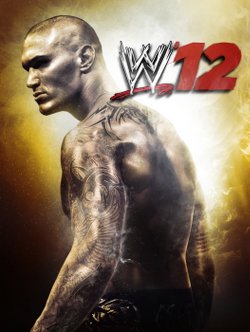
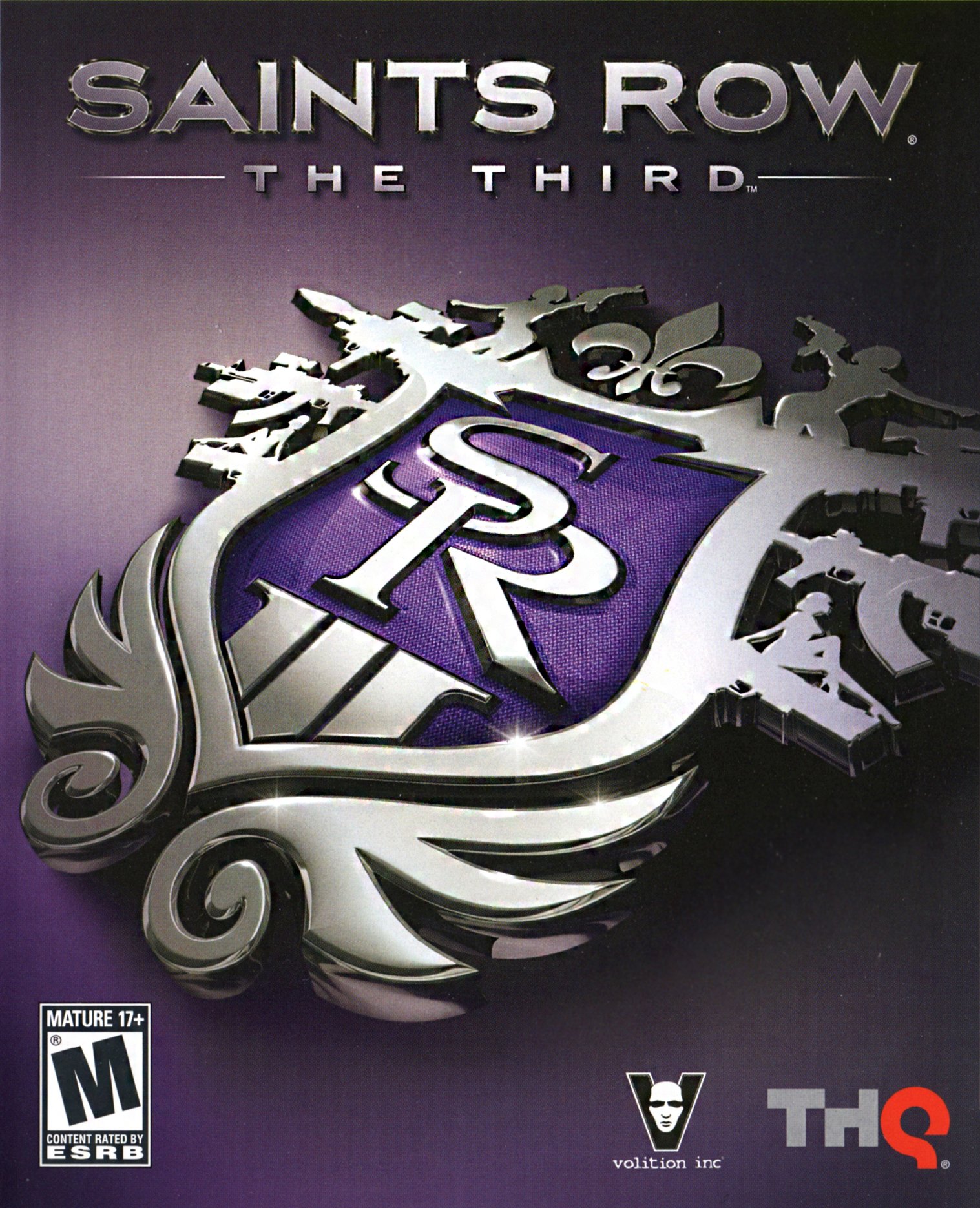
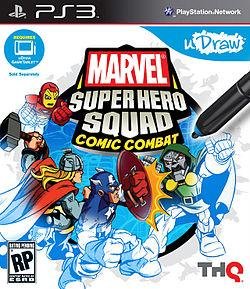

Showing 12 of 454 games
Something missing or incorrect? Suggest an edit.